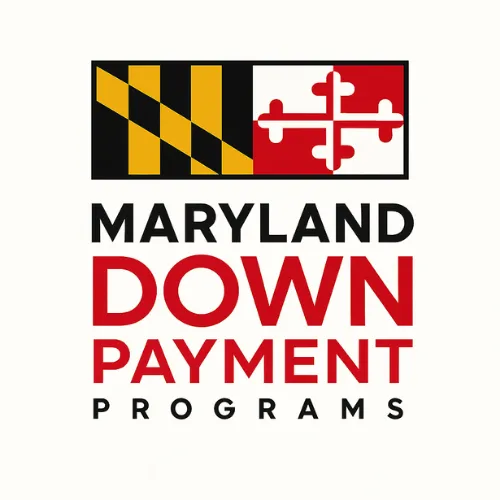Talk To - call (302) 391-7052
Talk To - call

Self-Employed Loan Programs in Maryland
Alternative Mortgage Options When Tax Returns Don’t Tell the Full Story
If you’re self-employed, getting a mortgage can feel frustrating — even if you’re earning plenty of income. Traditional loans like FHA, VA, USDA, and Conventional programs often rely on net income from tax returns, which may not accurately reflect your actual earnings due to deductions and write-offs.
That’s why we always start by reviewing eligibility for a standard mortgage first. If your tax returns support the income needed to qualify, that’s usually the best route. But if not, we offer a range of self-employed loan programs that use alternative documentation methods to verify your income more accurately.
Explore Self-Employed Loan Options
[Bank Statement Loan] – Use 12 or 24 months of business or personal deposits to qualify
[1099 Income Loan] – Qualify using your 1099s instead of tax returns
[Profit & Loss (P&L) Only Loan] – Verify income with a CPA-prepared P&L statement
[Asset Qualifier Loan] – Use retirement, investment, or savings assets to qualify
[Main Loan Program Page] – Compare FHA, Conventional, VA, and USDA options
Why Self-Employed Borrowers Choose These Programs
No tax returns required (in most cases)
Multiple ways to verify income — even with large deductions
Great for business owners, freelancers, realtors, consultants, and gig workers
Can be used for purchases, refinances, or cash-out
Loan amounts up to $3 million (varies by program)
Whether you're a sole proprietor, own an LLC, or operate as a 1099 contractor, there’s likely a self-employed loan that fits your situation.
It might be easier to get pre-approved for a mortgage than you ever imagined. We believe in making it as easy as possible for everyone to purchase their own home. Click here now to get started, it only takes a few minutes online.
How to Get Started
We’ll review your full scenario and help you determine whether a standard or alternative documentation loan is the best fit. There’s no obligation, and you’ll walk away with a clear plan to move forward.
Start your application or request a free consultation below.
Loan Officer - NMLS#
Get a personalized and successful home loan approval experience
See how much you qualify for in 60 seconds or less.


